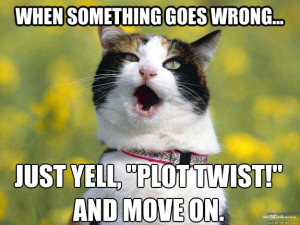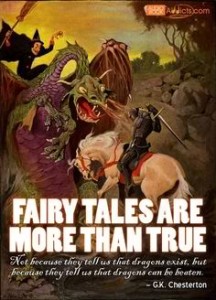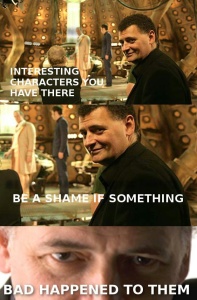 I’m keeping today’s blog simple and helpful, especially for those who want a quick reference for all the places I’ve appeared online. Or, at the very least, the podcasts I’ve been on. So, here’s an index of the shows and episodes I’ve appeared in. I discuss everything from storytelling to video games to Godzilla (no surprise, right? 😛 ).
I’m keeping today’s blog simple and helpful, especially for those who want a quick reference for all the places I’ve appeared online. Or, at the very least, the podcasts I’ve been on. So, here’s an index of the shows and episodes I’ve appeared in. I discuss everything from storytelling to video games to Godzilla (no surprise, right? 😛 ).
Admittedly, there are few not listed here. I recorded a podcast with Zachery Oliver for “Theology Gaming” that was lost when he had computer problems. The same thing happened with “The Bestselling Fiction Podcast” hosted by Dan Dynneson last summer. I’ve subsequently recorded two more episodes with him that he has yet to post. I also appeared on GigaGeek Magazine’s podcast to talked about Star Wars: The Force Awakens, but I don’t have a link for that yet since it was broadcast live.
Regardless, happy listening!
Derailed Trains of Thought
A show on storytelling and creativity hosted by my friends Nick Hayden and Tim Deal
–Episode 3: From Boredom to Book – They interview me when I published by first book, Pandora’s Box.
–Sidetrack 2: Peeking Inside the Box – I’m not in this, but an excerpt of my novel is read by Nick’s wife, Natasha.
–Episode 17: Magic, Muggles, and Morals – I read an excerpt from Destroyer.
–Episode 20: Everything But the Kitchen Sink – I’m one of multiple guests who returns briefly for the show’s first anniversary. I announce I’m writing new books.
–Sidetrack 6: Children of the Wells Round Table – I and my collaborators talk about working on our ongoing post-apocalyptic contemporary fantasy series Children of the Wells.
–Episode 50: Guest Starring…Everybody! – In this anniversary episode, I’m one of several returning guests who “audition” in multiple segments to be a third co-host.
–Episode 61: Shut Up and Buy My Book – I return to DToT to discuss how writers can promote their books. In this day and age, writers must also do their own PR.
Strangers and Aliens
A show about faith, fantasy, and science fiction co-hosted by my buddy Ben Avery, who’s a comic writer
–Episode 127: GODZILLA (Summer Movie Series) – I review the new Godzilla film with host Ben Avery.
Theology Gaming University
A show about Christianity and video games
–Podcast #58 – Video Games Inspiring Other Media – Theology Gaming – My friend Eric Anderson and I discuss video game adaptations to other media with host Zachery Oliver.
–Podcast #62 – I discuss why gamers replay video games they’ve already played with host Zachery Oliver and TGU regular Bryan Hall.
–TG Sessions #9 – Cheapness (I.e., You’re Not Special) – Zachery Oliver and I discuss what makes certain things “cheap” in both single-player and multiplayer video games.
–TG Sessions #10 – Batman’s Fifty Shades of White Privilege – Remember when this video made me a troll magnet? I also incurred the wrath of trolls about an essay I wrote for TGU. Zachery Oliver and I discuss all of this.
–Podcast #72 – One in a Mijinion – I join Zachery Oliver and Roberto Iraheta 20 minutes in, and in our ramblings we set out to solve a very important mystery: What the heck is an Infinity Mijinion? (In case you don’t know, that’s a Mega Man boss).
The Weekly Hijack
A “spin-off” podcast from “Derailed Trains of Thought” that discusses TV shows
-Episode 27: Doctor Who – The Magician’s Apprentice – I discuss the season nine premiere of Doctor Who with Nick Hayden, Tim Deal, and several others. (Scroll through the episode listing to find it).



